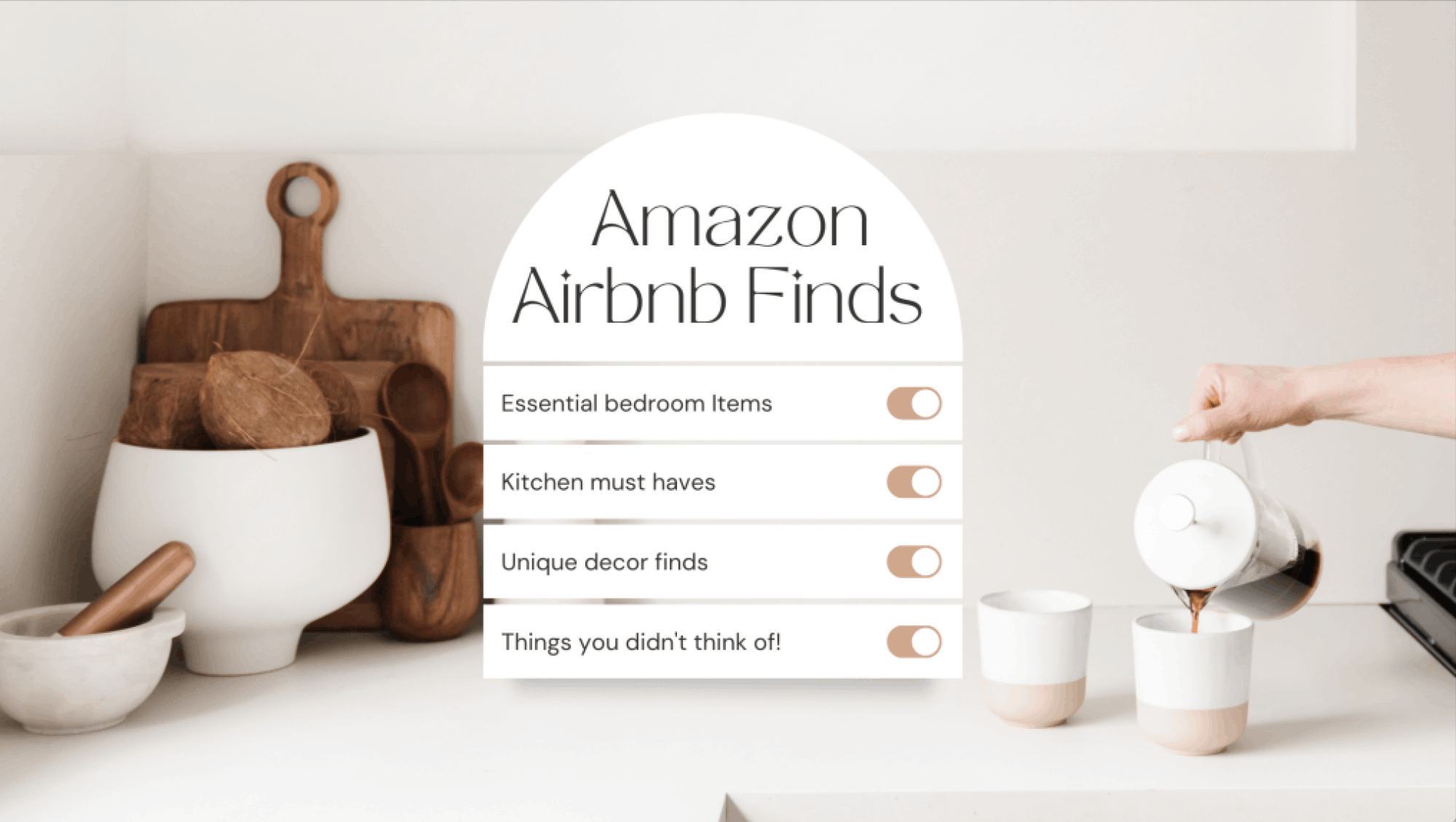FEATURED LISTINGS
$334,990
2583 N KENNA Place, Casa Grande, AZ 85122
3 Beds2 Baths1,355 SqFt

Listed by Jesus Sanchez of Real Broker
MORE LISTINGSMY BLOG

Airbnb Amazon Shopping List
The Ultimate Amazon Airbnb Setup Shopping List for New Investors As the short-term rental market continues to thrive, many investors are looking to capitalize on the growing demand for Airbnb listings. Whether you’re a seasoned investor or a first-time host, setting up your property efficiently can
Read More

The Importance of a Home Inspection
When navigating the real estate market, whether you are a buyer or a seller, there is one crucial step that should never be overlooked: a home inspection. This process is designed to evaluate the overall condition of a property and can provide valuable insights for both sellers and buyers. Let's del
Read More

How to Negotiate a Home Purchase
Negotiating the purchase of a home can be an overwhelming process for many buyers. The key to a successful negotiation lies in finding a balance between getting the best deal possible and not losing out on your dream home. In this blog post, we will explore some tips and strategies to help buyers ef
Read More


